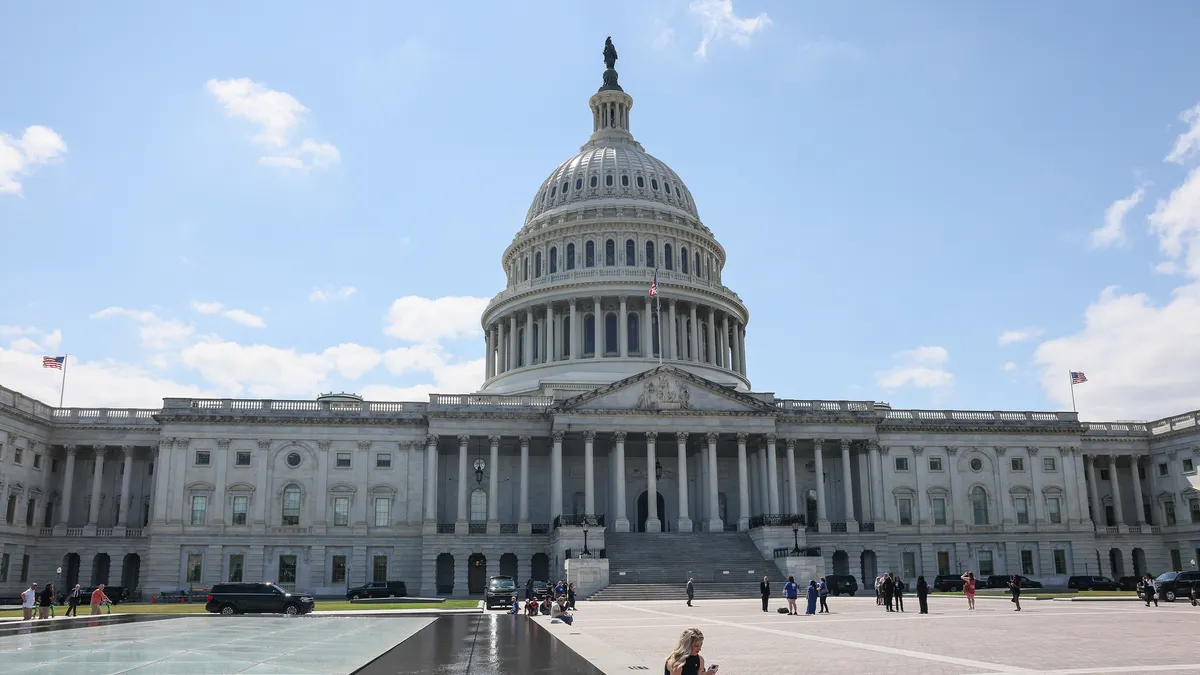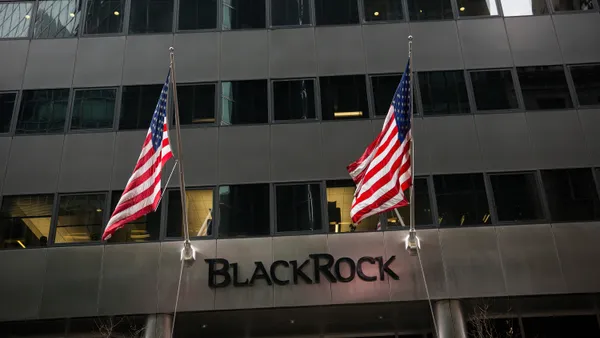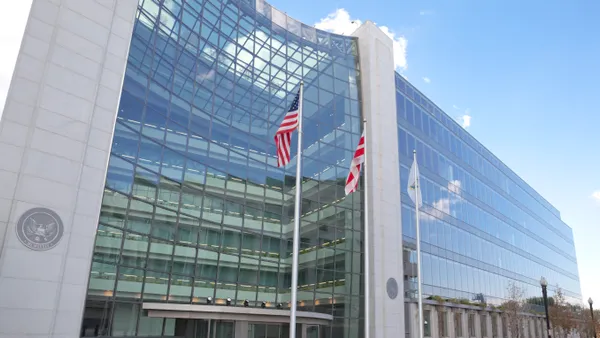Dive Brief:
- The window for lawmakers to repeal the Securities and Exchange Commission’s climate-risk disclosure rule via the Congressional Review Act closed on Thursday, which marked 60 Senate session days since the rule was published in the Federal Register, according to an emailed release from Petkanas Strategies.
- Republican lawmakers introduced CRA challenges to the rule in both the House and Senate earlier this year, but stalled on both fronts. House GOP members advanced a challenge out of the Financial Services Committee, while a Senate CRA introduced by South Carolina Sen. Tim Scott stalled after being sent to the Banking, Housing and Urban Affairs Committee.
- The SEC’s climate rule, finalized in March, is still facing ongoing legal challenges in the U.S. Eighth Circuit of Appeals, where the agency is battling consolidated challenges from Republican-led states, a public oil services company and some pro-business groups. It is unknown what effect the failed CRA push will have on the cases.
Dive Insight:
The Congressional Review Act provides lawmakers a window to overturn unpopular agency regulations. House Republicans first began to consider the resolution of disapproval in April, holding a House Financial Services markup of the CRA.
The SEC opted to voluntarily stay the rule on April 4 until the legal challenges completed, but Financial Services Committee Chair Patrick McHenry, R-N.C., said the pause was “not enough.” McHenry, a one-time House speaker pro-tempore, and his committee advanced the CRA by a 28-22 party line vote a week later. However, the legislation stalled before reaching the full House.
The failed CRA pushes are seen as a “win for investors, markets and the public,” according to Tracey Lewis, senior policy counsel for consumer advocacy nonprofit Public Citizen.
“It’s clear congressional Republicans didn’t have the votes to get it done,” Lewis said in the release. “These failed resolutions only aimed to block necessary transparency and risk management in order to serve narrow fossil fuel interests.”
Lobbying reports from the American Petroleum Institute and the Chamber of Commerce for this year’s Q2 showed both organizations have spent time, money and influence pushing for members of Congress to support the pair of CRA challenges. Alex Martin, climate finance policy director for Americans for Financial Reform, said in the release that it is a “relief” that the challenges failed, which he called “ill-conceived.”
“Climate change is a financial risk, and investors have been clear they need more transparency and data from companies to protect themselves and invest wisely,” Lewis said. “The SEC's climate disclosure rule would make that data freely available and is popular with investors and the public.”
While the threat of the Congressional Review Act is now moot, the SEC’s climate rule is still in the crosshairs of House Republicans looking to target the agency’s rule through the appropriations process.
The House Appropriations Committee advanced a fiscal year 2025 Financial Services and General Government Appropriations bill in June that would prohibit the SEC from using any agency funding to enact, implement or enforce the regulation. The bill would also require the agency to report on “the extent and limits of its authority in the implementation” of the rule, according to the accompanying bill report.












